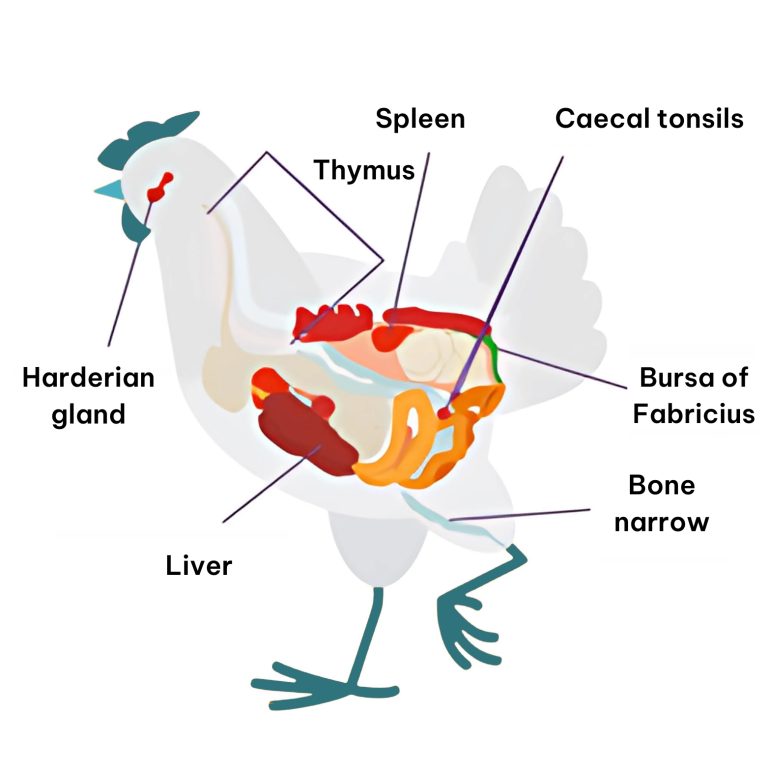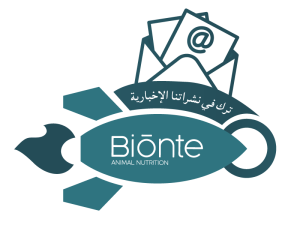Introduction
Mycotoxins are well-known for their impact on animal health and their significant economic repercussions on the poultry industry, as well as posing an alarming risk to public health (Nakavuma et al., 2020; Muñoz-Solano and González-Peñas, 2023).
In this industry, the rapid growth of broilers means the consumption of a large amount of feed, which implies greater exposure to the mycotoxins. In addition, younger chickens have a poorly developed liver, as well as an immature immune system, which limits their ability to eliminate these substances and makes them highly susceptible to these compounds (Gómez-Verduzco et al., 2023).
Mycotoxins generate a significant immunosuppressive effect in poultry species. They act by inhibiting enzymatic activity, which decreases protein synthesis and, consequently, reduces the immune response. Some mycotoxins even alter the development of the lymphoid system, resulting in a smaller size of organs such as the thymus, spleen or bursa of Fabricius (Khan et al., 2019; Awais et al., 2022; Gómez-Verduzco et al., 2023).

Diagram of the immune system of poultry. (Avinews)
From an economic point of view, immunosuppression is the most significant effect of mycotoxins. This effect leads to a greater susceptibility to infectious diseases, facilitates the reactivation of chronic infections in animals, and increases the use of drugs and the lack of effectiveness of vaccination programs.
Respiratory diseases and mycotoxins
Respiratory diseases are one of the main causes of morbidity and mortality in the poultry industry. The immunosuppressive effect associated with the consumption of mycotoxins in poultry leads to an increase in the prevalence of this type of disease and a higher impact of these diseases on farms, due to the lack of immune response in animals.

Bird with respiratory distress, open beak, head and neck extended.
On the other hand, the presence of mycotoxins in feed has been associated with the lack of effectiveness of vaccination plans against respiratory diseases, such as New Castle virus, infectious bronchitis or avian influenza, among others, whose prevention is crucial for maintaining the health status in poultry production systems (Kulcsár et al., 2023; Abdelrahman et al., 2022).

Vaccination of broilers against avian influenza.
Conclusion
Therefore, mycotoxins constitute a threat to this type of production, increasing the impact of this type of disease on animals and making it difficult to control them through established vaccination plans. We must be aware of their importance and act accordingly; in order to avoid the enormous negative repercussions, they can have on animal production and the danger they can generate in terms of food safety.



